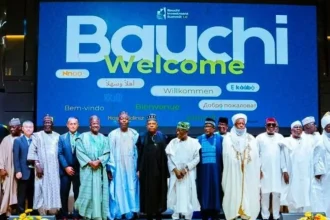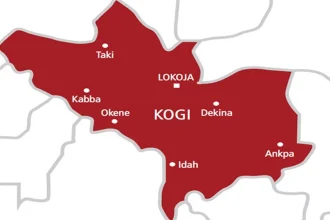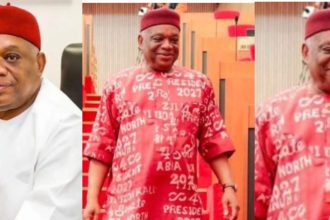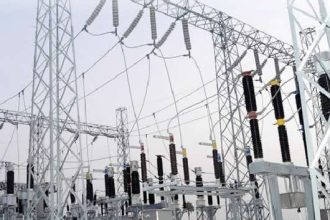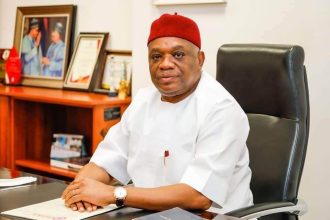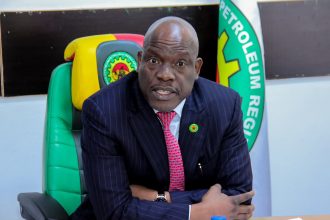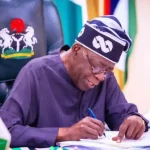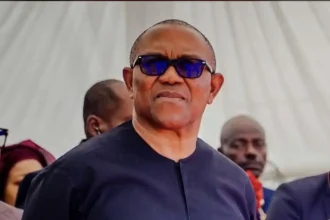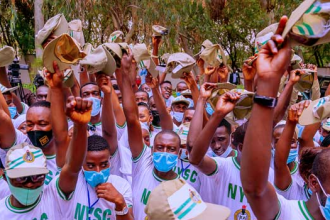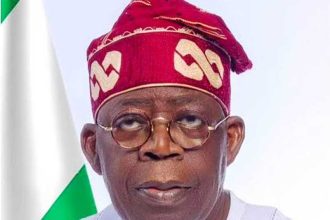The Presidency has reaffirmed that President Bola Ahmed Tinubu remains steadfast in his commitment to inclusive growth and implementing tangible measures to cushion the effects of economic hardship across the country.
In a public enlightenment post on his verified X handle, @SundayDareSD, the Special Adviser to the President on Media and Public Communication, Chief Sunday Dare, outlined a broad range of programmes and fiscal reforms driving the administration’s economic recovery and social protection agenda.
According to Dare, the Tinubu administration “remains firmly focused on improving household welfare through targeted, verifiable interventions” designed to ensure that economic growth translates directly into improved living standards for citizens.
He listed the Conditional Cash Transfer (CCT) programme as one of the flagship interventions, noting that it has been expanded to reach up to 15 million households nationwide, with over ₦297 billion disbursed since 2023 to poor and vulnerable families. Beneficiaries, he said, are being enrolled through a verified digital process under the National Social Register.
The Presidential aide also highlighted the Renewed Hope Ward Development Programme (RH-WDEP) as “a major new initiative targeting all 8,809 electoral wards,” delivering micro-infrastructure, livelihood support, and social services directly at the community level.
He added that the administration is consolidating the National Social Investment Programmes (NSIPs) — including N-Power, GEEP micro-loans (TraderMoni, MarketMoni, FarmerMoni), and the Home-Grown School Feeding Programme — to protect jobs, encourage small enterprise, and keep children in school.
Dare said the government’s food security initiatives are aimed at curbing inflationary pressure on staple goods through the distribution of subsidised grains and fertilisers, mechanisation partnerships, and the revival of strategic food reserves.
He further mentioned the establishment of the Renewed Hope Infrastructure Fund (RHIF) to finance critical energy, road, and housing projects, which are expected to lower living costs and generate local employment.
In the same vein, the National Credit Guarantee Company (NCGC) is expanding access to affordable credit for small businesses, women, and youth entrepreneurs through risk-sharing partnerships with commercial banks.
Chief Dare acknowledged that reforms such as fuel subsidy removal, exchange rate unification, and fiscal redirection toward productive sectors have been challenging but described them as “necessary choices to tackle the root causes of poverty rather than its symptoms.
“Even the World Bank itself has acknowledged that these reforms are already restoring macroeconomic stability and renewed growth momentum,” he noted.
He stressed that while recovery is underway, the government’s focus remains on ensuring that “economic growth must be inclusive.”
This, he said, means translating macroeconomic stability into affordable food, quality jobs, and reliable infrastructure that directly improve the lives of Nigerians.
According to Dare, investments are being scaled up in agriculture, MSMEs, and power reliability.
The agricultural value chain expansion programme, gas-to-power initiatives, and skills development hubs, he said, are all designed to create jobs and reduce living costs.
“As these programmes mature, Nigerians should begin to feel more visible improvements in food prices, income, and purchasing power,” he assured.
Dare explained that the Tinubu administration is not merely reviewing but strengthening and consolidating its social investment architecture through a unified, data-driven framework to enhance transparency, accountability, and digital targeting.
“This includes the scaling up of existing NSIP schemes, the ongoing expansion of the National Social Register, and the rollout of the Renewed Hope Ward Development Programme—ensuring no vulnerable community is left behind,” he stated.
He reaffirmed that President Tinubu’s government “remains focused on empowering households, expanding opportunity, and building a resilient, inclusive economy where growth translates directly to improved living standards.”
“The reforms are necessary. The direction is right. The foundation for a fairer and more prosperous Nigeria is being firmly laid,” Dare said .


